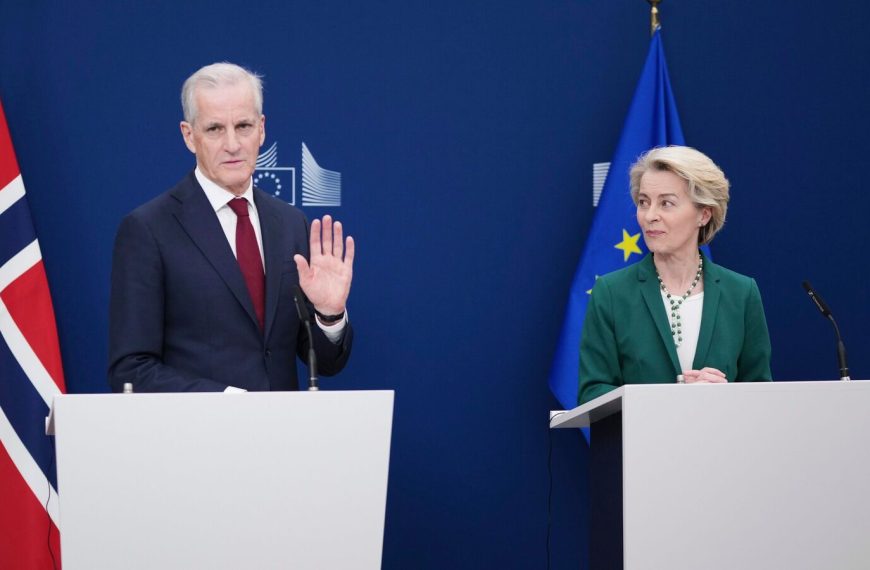In a striking warning for the global economy, Singapore’s Deputy Prime Minister Gan Kim Yong expressed deep concerns about the impact of escalating trade tensions initiated by the United States and other nations. Speaking at CNBC’s Converge Live event, he highlighted the anxiety felt across Asia regarding President Trump’s tariffs on major trading partners, including Canada, Mexico, and China. Gan emphasized that while not all Asian countries may be directly affected, the broader repercussions could disrupt supply chains and hinder trade and investment.
The Ripple Effect of Tariffs
Gan articulated his fears that these rising tariffs could significantly derail global economic growth. He noted that Singapore, which has thrived due to its open economy and strategic port, heavily relies on international trade, particularly in sectors like electronics and pharmaceuticals. The 25% tariff on American steel and aluminum imports is just one example of how protectionist measures are shaking markets and prompting retaliatory actions from countries like Canada and China.
- Key points of concern:
- Tariffs could disrupt supply chains.
- Trade and investment flows are at risk.
- Potential slowdown in global economic growth.
A Changing Perspective on Global Trade
Prime Minister Lawrence Wong has previously voiced similar concerns, referring to a “fragmented and troubled world” during his budget speech. He pointed out the rise of economic barriers, describing them as “new walls” that are not made of concrete but rather manifest as trade obstacles.
Similarly, Defense Minister Ng Eng Hen noted a significant shift in how Asian countries perceive the US, suggesting a transformation from a liberator to a disruptor. He remarked at the Munich Security Conference that the US is now viewed as a “landlord seeking rent,” reflecting a broader discontent with American trade policies.
A Bright Future for Asia
Despite these challenges, Gan shared a hopeful outlook for the Asian economy. He projected that Asia’s share of the global economy could rise from nearly 50% today to about 60% by 2030. This growth is attributed to the young and expanding populations in countries such as Indonesia, India, and Vietnam, alongside a burgeoning middle class and improved connectivity.
To harness this potential, Gan stressed the importance of maintaining an open trade environment. He advocated for the continued removal of barriers through the ASEAN Trade in Goods Agreement, along with updating trade agreements with six ASEAN-plus partners, including Australia, China, India, and New Zealand.
In conclusion, as nations grapple with the impact of tariffs and trade wars, Singapore remains committed to fostering an open and interconnected global economy, which is crucial for sustaining growth in a rapidly changing world.











